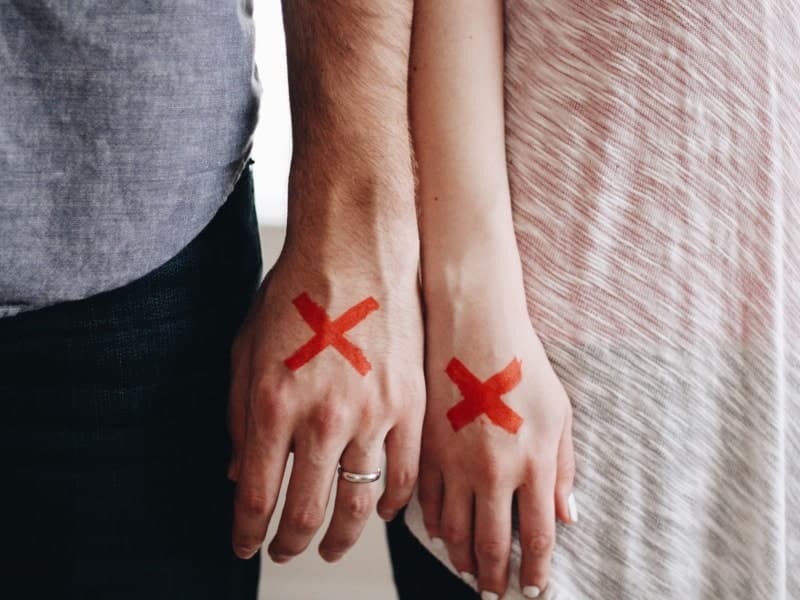Chronic bloating. Lower back pain. Fatigue that lingers even after rest. These are symptoms […]

Genital warts are small lumps that occur on or around the genitals. They are caused by Human Papilloma Virus (HPV) infection, although most people with HPV either do not develop warts (and pass on the infection unknowingly) or go for a long time before developing them. Close skin-to-skin sexual contact (not necessarily penetrative sex) is required to pass on this virus. Most warts are caused by HPV 6 or 11. It is one of the most common sexually transmitted infections (STI).
They usually look like one or more small, skin-colored or pink lumps on the skin. Appearance of warts can vary from person to person – some are soft whilst others may be firm. Warts can develop on the outer skin of the penis (for men) and on the vulva, vagina and cervix (for women). They can also occur on the skin around the back passage.
Most of the time, warts have no symptoms. Depending on their location, they may sometimes cause irritation or discomfort.
Tests are usually not required for diagnosis of warts. A physical examination of the external genitalia and a vaginal examination is performed, and warts diagnosed based on their typical appearance. As people with warts may have other sexually transmitted infections (STIs), checks for other infections may be recommended.
Do not use over-the-counter wart creams sold in pharmacies for genital warts. A third of warts may disappear without treatment over 6 months. Treatment options include imiquimod cream, surgical removal, or laser treatment.
Your sexual partner should get checked for genital warts or other STIs.
Warts are not cancerous, however people with genital warts are at higher risk of having other HPV infections which may be cancer-causing. Do keep up-to-date with cervical cancer screening (for women).
Yes, they can come back even after being cleared with successful treatment. This is usually because of a re-activation of the virus infection and not necessarily due to a new infection. Treatment remains the same.
There is a vaccine available that protects against HPV 6 and 11. Condoms partially protects you from getting HPV infection (as skin that is exposed can still get infected), and also helps to protect against other STIs. Either avoid sex until warts have disappeared or use barrier protection consistently.
Chronic bloating. Lower back pain. Fatigue that lingers even after rest. These are symptoms […]
Many women live with Polycystic Ovary Syndrome (PCOS) without realising fact from fiction. This […]
Within the realm of women’s health, the terms “fibroids” and “cysts” are often mentioned […]





Aster Gynaecology © | All Rights Reserved.